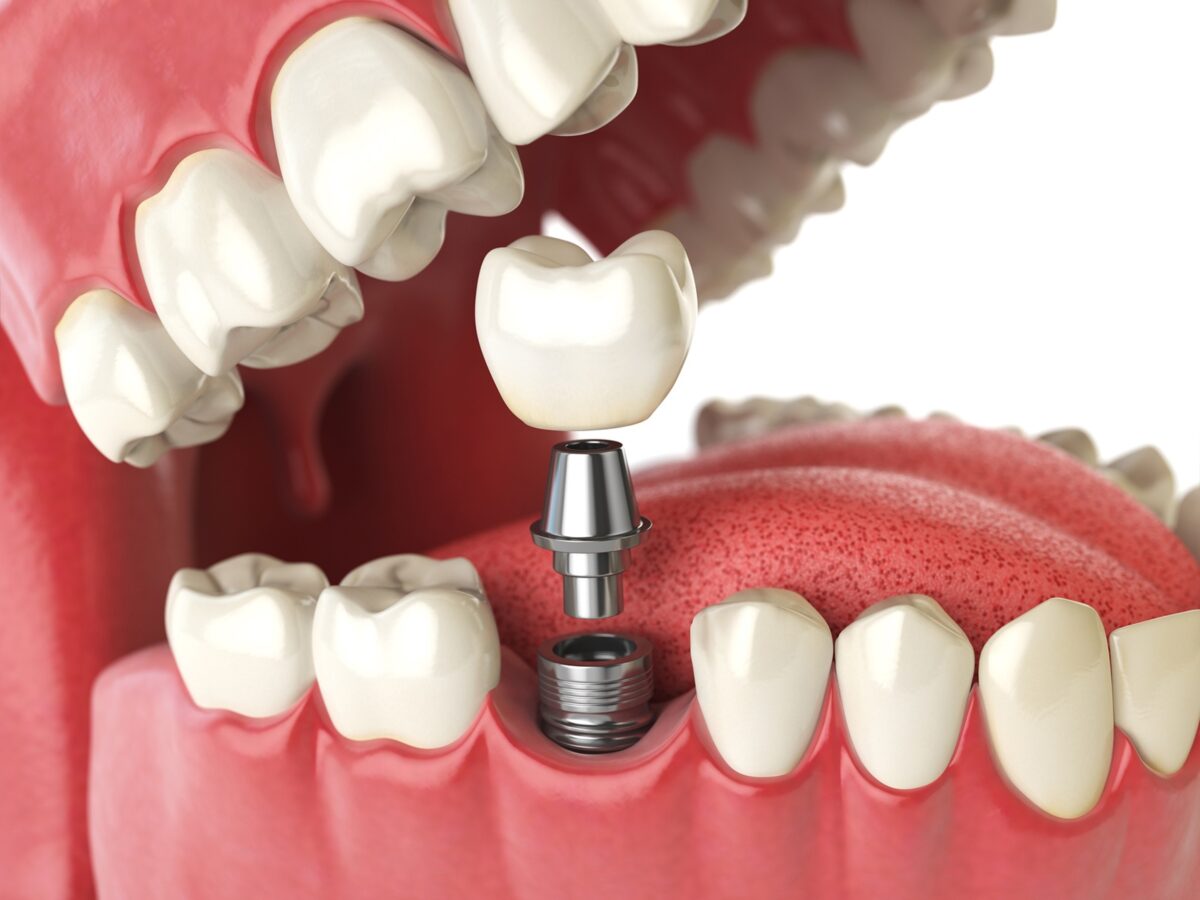Blog
Dental hygiene tips for healthy teeth & gums

Are you put to sleep for teeth implants?
Missing or damaged teeth can affect people’s smiles and overall dental health, particularly assuming the impacted teeth cause pain or become infected, yet dental implants can replace these teeth and eliminate certain oral health issues. Before patients seek out this procedure, it can be significant to understand how anesthesia may be used to avoid any complications and make sure patients are as comfortable as possible during the implantation.
Understanding anesthesia
Patients who have worries about experiencing pain during the implantation process can converse with the dental professional performing the procedure during the initial consultation. This can enjoy a couple of advantages, including:
- Decrease of anxiety
- A better understanding of the procedure
- Brought down feelings of dread with respect to the implant
Contingent upon people’s needs, patients may opt for anesthesia or the dental professional may recommend it based on the consultation interview. Whenever this is chosen, patients can learn more about what specific type of anesthesia may be used during the procedure, as there are several different types available.
Local anesthesia
A few patients who choose dental implants receive local anesthesia, which permits them to remain conscious and aware during the process. This sort of anesthetic is injected into the area where the implants will go, numbing the gums and surrounding tissue. The amount of local agent usually relies upon whether a tooth requires extraction before the implant can be put into place.
Dental patients who require implants normally do well with this type of anesthetic, regardless of whether more than one is required. Dental professionals typically check how numb the area is before the work starts, and while patients may experience pulling or other mild sensations, a local anesthetic is generally effective at blocking out the pain.
General anesthesia
In the event that bone grafting is fundamental during dental implant surgery, general anesthesia may be recommended. This kind of anesthetic puts patients to sleep so they will have no memory of the procedure afterward. General anesthesia may likewise be used for patients who are extremely anxious or frightened about having implants put in or who fear dental procedures in general, as this makes it simpler for all involved. The decision to use this option is typically up to the dental clinic and the limits of services the dental clinic can provide.
Twilight anesthesia
This sort of anesthesia is at times known as conscious sedation, where patients stay alert while getting the dental implants and can react to questions yet are otherwise extremely relaxed.
Twilight anesthesia can assist patients with tension who might experience difficulty with general anesthesia or certain allergies that make the administration of such an agent risky. Not all dental clinics offer this type of sedation, but it may assist patients to inquire about it during an initial consultation.
